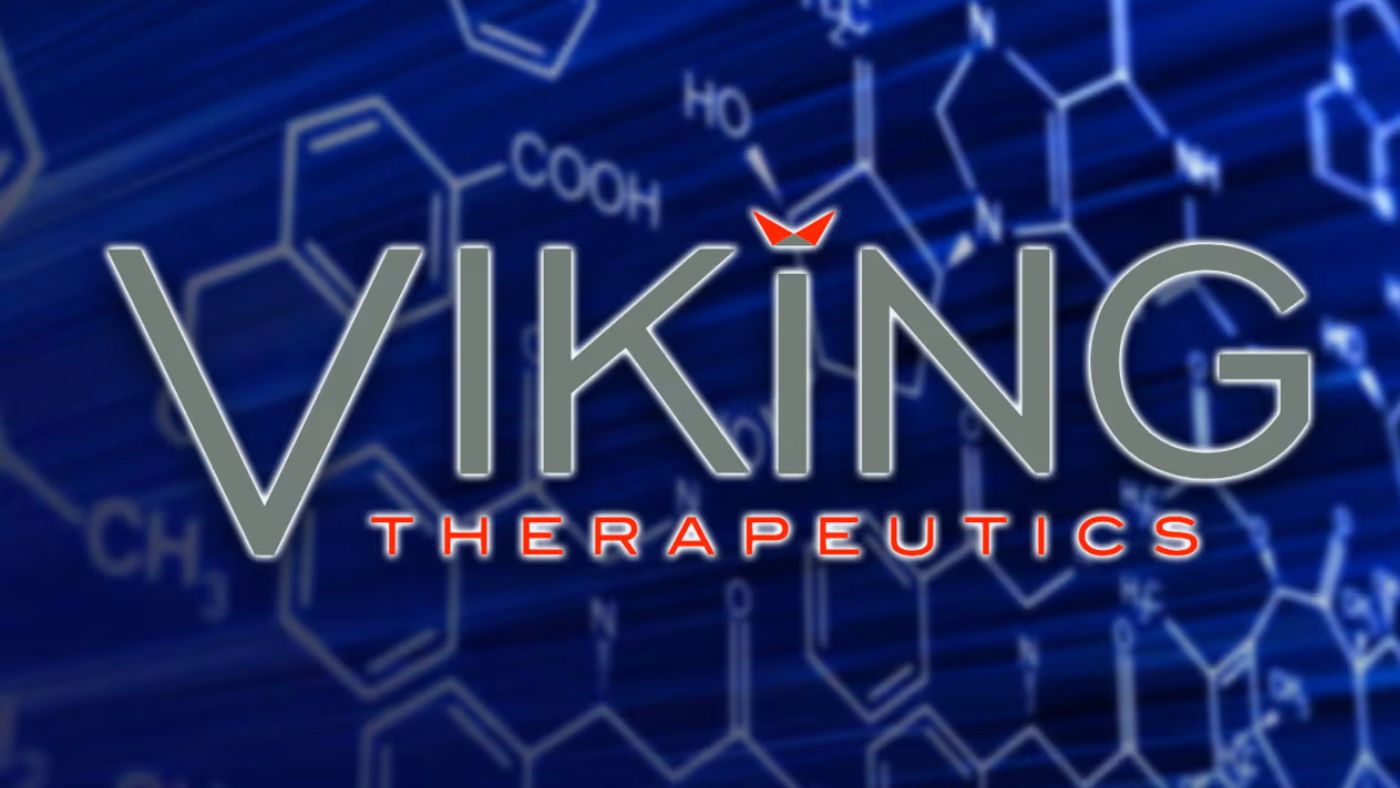Viking Therapeutics has positioned itself as a formidable contender in the emerging weight loss drug market, potentially becoming a target for acquisition.
Viking is among several companies racing to enter this growing sector, which analysts predict could reach a value of $100 billion by the end of the decade.
The company aims to challenge established injectable treatments from Eli Lilly and Novo Nordisk, which have driven recent enthusiasm despite high costs and insurance coverage challenges.
Some analysts believe Viking’s experimental obesity treatment may lead the field.
Initial data from a midstage trial showed that Viking’s injectable drug resulted in more significant weight loss compared to Eli Lilly’s Zepbound, causing Viking’s stock to surge 120%.
Goldman Sachs forecasts that between 10 million and 70 million Americans could be using weight loss drugs by 2028.
Supply constraints faced by Eli Lilly and Novo Nordisk have created an opportunity for other players to capture market share.
Viking’s promising results not only position it strongly in the market but also increase its appeal as a potential acquisition target for larger pharmaceutical companies seeking to expand their obesity treatment portfolios.
However, it remains early to definitively judge Viking’s drug against existing or forthcoming treatments without direct comparative clinical trials.

Viking still needs to conduct late-stage studies, with a potential launch not expected until the latter part of the decade.
Manufacturing capacity remains a challenge for the company to meet anticipated demand, though an acquisition could address some of these hurdles.
Viking’s phase two trial, involving over 170 overweight or obese patients, demonstrated notable weight loss benefits with its injectable drug, which operates similarly to Eli Lilly’s Zepbound by mimicking gut hormones GLP-1 and GIP.
Analysts were impressed by the weight loss results, particularly with the highest dose of Viking’s drug, which saw patients losing an average of 13.1% of their body weight over 13 weeks.
The company’s intellectual property extends well beyond 2040, making it an attractive partner for collaborations.
Viking is also advancing an oral version of its weight loss treatment and looking into treatments for liver disease.
Despite these achievements, Viking faces significant regulatory and commercialization challenges.
The company plans to discuss its clinical development plans with the FDA later this year and expects to conduct additional trials that could delay market entry until 2029 or later.
Despite these challenges, Viking’s innovative approach and promising data position it as a pivotal player in the future of weight loss treatments, potentially paving the way for strategic partnerships or acquisition in the competitive pharmaceutical space.
